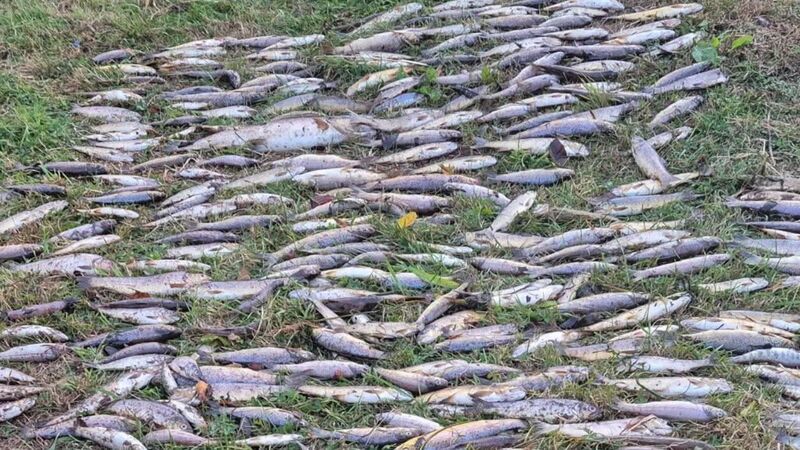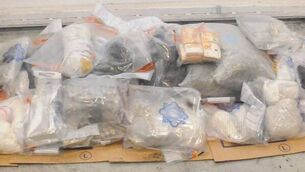Cork fish kill: No culprit for the worst environmental disaster in Ireland this century

A 102-page, multi-agency report on the atrocity that killed at least 32,000 salmon or brown trout at the River Blackwater in early August failed to identify the source of the fish kill. Photo: Facebook/Conor Arnold
As the sun begins to fade in the west on Tuesday, the Oireachtas Committee on Climate, Environment and Energy will assemble in CR3 in Leinster House. This evening’s objective for the nine-person committee is to “engage with witnesses on the fish kill in the Blackwater River in Cork”.
That catastrophe, along with the Lough Neagh’s death throes, is the greatest environmental disaster to befall this island this century - so far at least. The committee and its guests will discuss what seems the perfect crime.
















